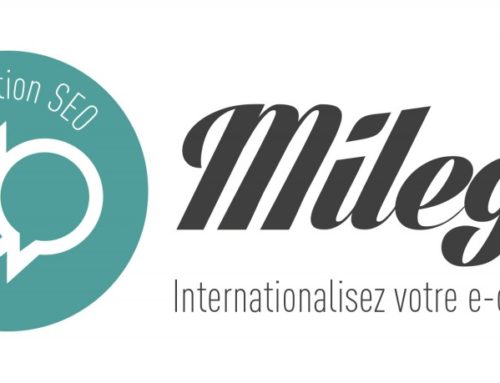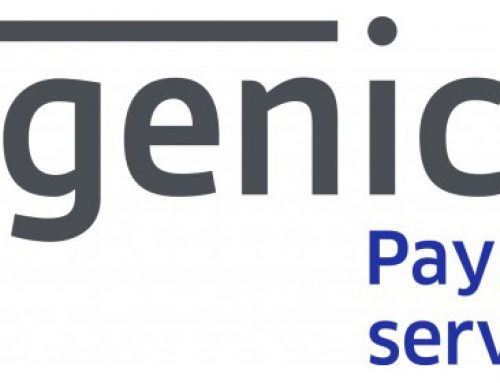Felipe, an I.T. expert, holds a hybrid Master’s degree in Computer Assisted Translation: Translation Technologies. He has a dual role at Milega, as a member of the team : he is both a translator (FR, EN > SP) and the I.T. specialist.
hi Felipe ! What does an I.T. specialist in a translation agency do ?
“In a translation agency, the I.T. specialist has to look for the best CAT tools (Computer Assisted Translation) and help both in-house and external translators resolve any technical problems that they come across when using them.
I am also heavily involved with helping the project managers: I analyse the files sent by the clients in order to carry out a word count, so that they can then prepare quotes.
Sometimes, we receive files in unusual formats, and the expertise of a computer scientist is needed to convert them into a format from which they can be translated.”
But what happens if there is a file that you don’t know how to process?
“Don’t worry, send it to us and we will find a solution.”
Is technology an important factor in the translation industry?
“Translators need technology constantly, particularly CAT tools. They are essential in order to ensure that terminology is consistent and that spelling and grammar is impeccable; two important things that clients demand.”
“You also need to be familiar with all the tools and the different types of file formats that need to be processed. We facilitate extraction and integration of content for e-commerce and e-tourism clients in particular by working directly with web formats such as xml, html, php, java, etc. The process, which is what makes Milega stand out as a translation agency that is 100% focused on the issues surrounding e-commerce and e-tourism, would not be possible without the coordination of an I.T. specialist. That is why translation and I.T. go hand in hand.”
Are cat tools the same thing as machine translation?
“Not at all. On the contrary, their only purpose is to maximise the efficiency of human translators, allowing them to produce translations with consistent terminology and perfect grammar and spelling. This would be difficult to achieve if everything was translated manually.”
Do you think that one day machine translation will supersede human translation?
“There are already automatic translation tools that work quite well – but they require a lot of upstream work in terms of I.T. and terminology. Nevertheless, their quality will never replace that of a human being. By resorting to machine translation tools, you also risk making serious translation errors. Errors that qualified translators and proof readers would never make. If computer assisted translation symbolises progress in terms of quality and efficiency, using an automatic translator ensures a faulty, fragmented translation, which sometimes makes no sense at all.”
Have you already found yourself in a difficult situation in your role as I.T. specialist ?
“A little while ago, I had to prepare a document in an unusual format. We followed the instructions from the client, then sent it to one of our native, certified translators that specialised in the industry in question. After delivering the translated file to the client, he realised that the file structure was not suitable. Therefore, it had to be translated again, this time in the correct format.”
The moral of the story is that it is better to ask all of the necessary questions, so that we have everything we need in order to offer a quality service that is adapted to your needs. We place a lot of importance on communication and are always available to help you!

Felipe Mercader, IT specialist at Milega



![[Interview] Mikaël Le Gallo, CEO of Milega](https://www.e-translation-agency.com/wp-content/uploads/2016/06/presentation-webinar-e-commerce-milega-500x383.jpg)
